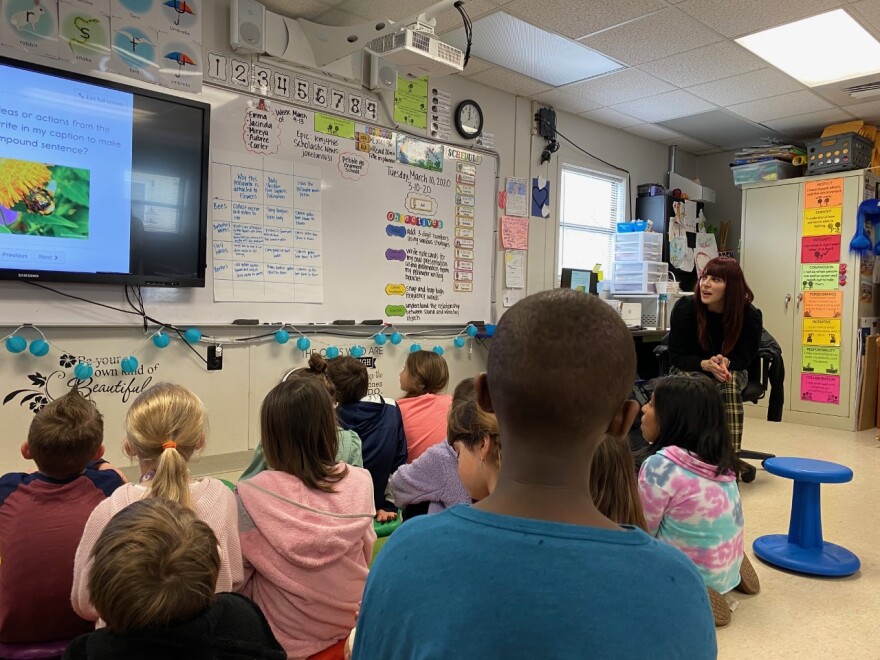A bipartisan panel of North Carolina lawmakers, educators and business people Monday released a report on changes they say could help students succeed in school.
The recommendations start with more child care support for infants and toddlers and run through plans to help more young adults afford college.
The Hunt-Lee commission is named for the co-chairs: Former Gov. Jim Hunt and former state Sen. Howard Lee, both Democrats, and Republican state Sen. Michael Lee, who chairs the Senate education committee. The 32–person panel includes state officials, business and philanthropic leaders and representatives of K-12 and higher education.
The group was created in August and released 20 pages of findings at a news conference in the Research Triangle on Monday. The recommendations include some legislative actions and other steps that can be taken independently.
“This report represents a starting point, rather than a silver bullet,” the report says. “Nonetheless, it offers critical proof that if we chip away at the challenges before us we can — and will — make inroads for the benefit of all students.”
Among the proposals:
- Expand child care subsidies to ensure that families can afford high-quality care, invest in programs to raise pay for early childhood educators and fund incentives for child care centers to provide more infant and toddler care.
- Spend more on the NC Pre-K program, which currently provides free prekindergarten for 4-year-olds. About half the children who are eligible based on family income are served now, the report says.
- Provide higher salaries for top teachers to work in high-needs schools. The report suggests expanding on the state pay scale that gives a 12% raise for National Board Certification, with extra pay for board-certified teachers who work in high-poverty schools. It calls for similar incentives for teachers with top “value-added” ratings based on test scores.
- Expand an Opportunity Culture pilot that provides big raises for teachers in some districts who demonstrate strong results and take on extra duties. The report acknowledges that a three-year evaluation of the pilot programs did not find clear benefits, but suggests expanding the trials and collecting more data. Charlotte-Mecklenburg Schools was one of the first districts in North Carolina to try the Opportunity Culture model. The public school systems in Cabarrus and Lincoln counties are also part of the pilot.
- Give school districts more flexibility to respond to student needs. The report cites Rowan-Salisbury Schools’ experience with the state’s Renewal School System pilot, suggesting the state open that kind of flexibility in budgeting, hiring and calendars to any district that applies and provides clear accountability metrics.
- Create bridge programs that help students make the transition from middle to high school, where academic achievement often drops and behavior problems can rise.
- Ensure that North Carolina’s Longleaf Commitment program to provide income-based scholarships to community colleges continues when federal funding runs out. The program is paid for with federal COVID-19 aid and will expire in 2024.
- Extend in-state tuition to the approximately 3,000 non-citizens who graduate from North Carolina high schools each year.
The Hunt-Lee Commission was convened by the Cary-based Hunt Institute, which works with Duke University’s Sanford School of Public Policy on education policy issues. Its first meeting was held in August at Central Piedmont Community College in Charlotte.
The commission cited a number of strong points the state can build on, such as the state’s prekindergarten program, the ongoing Read to Achieve efforts to improve the way educators teach reading and opportunities for high school students to earn college credits.



